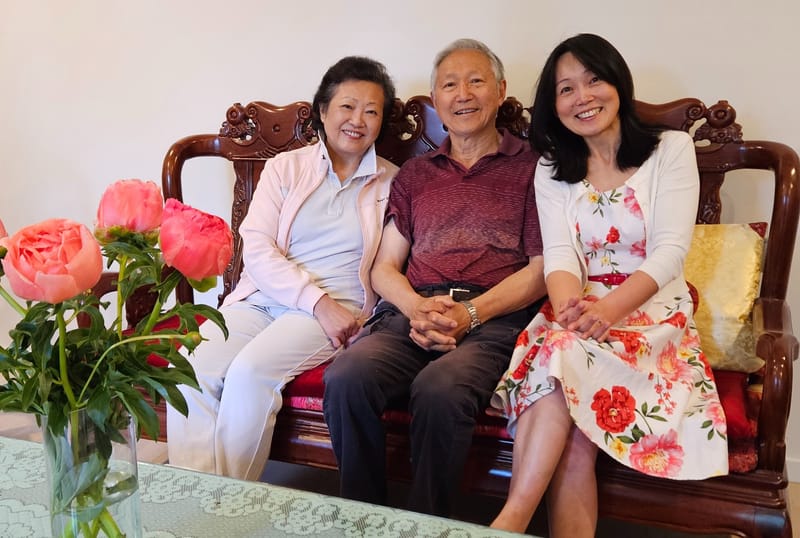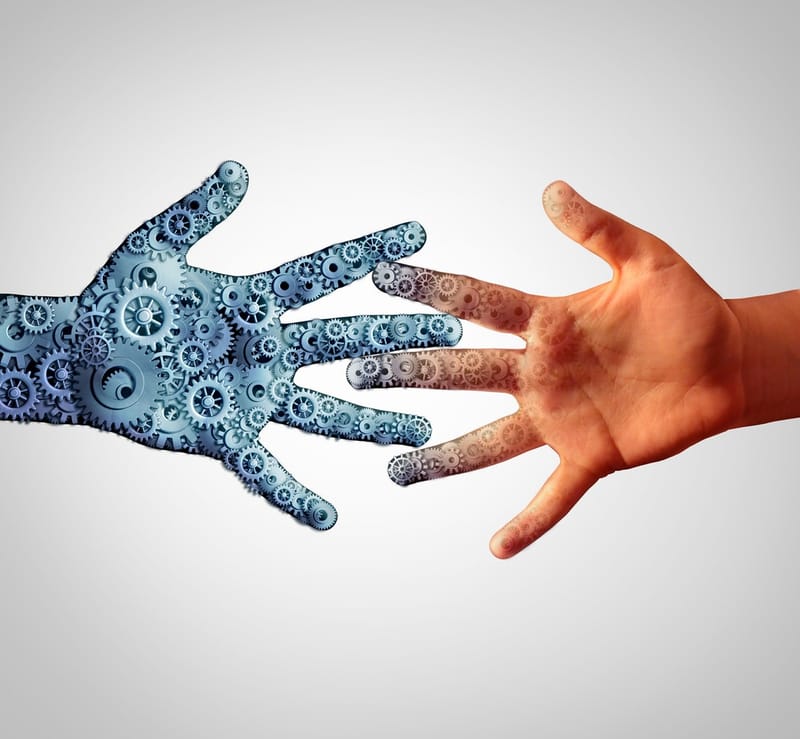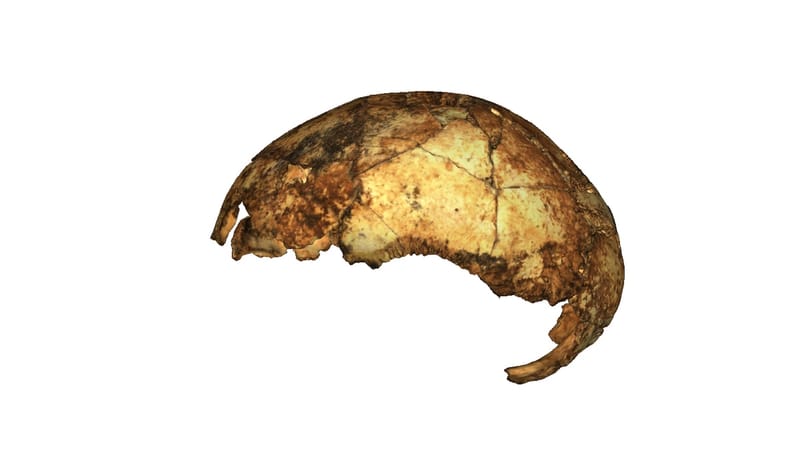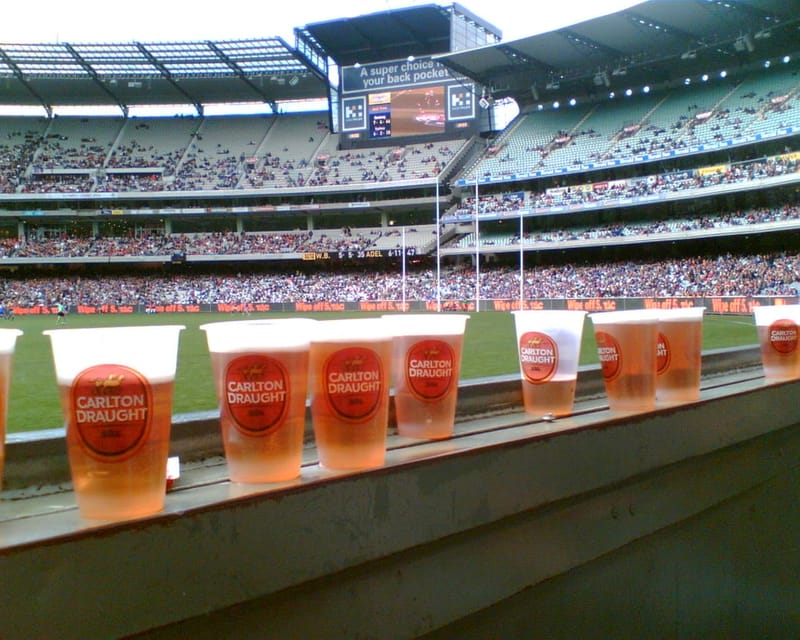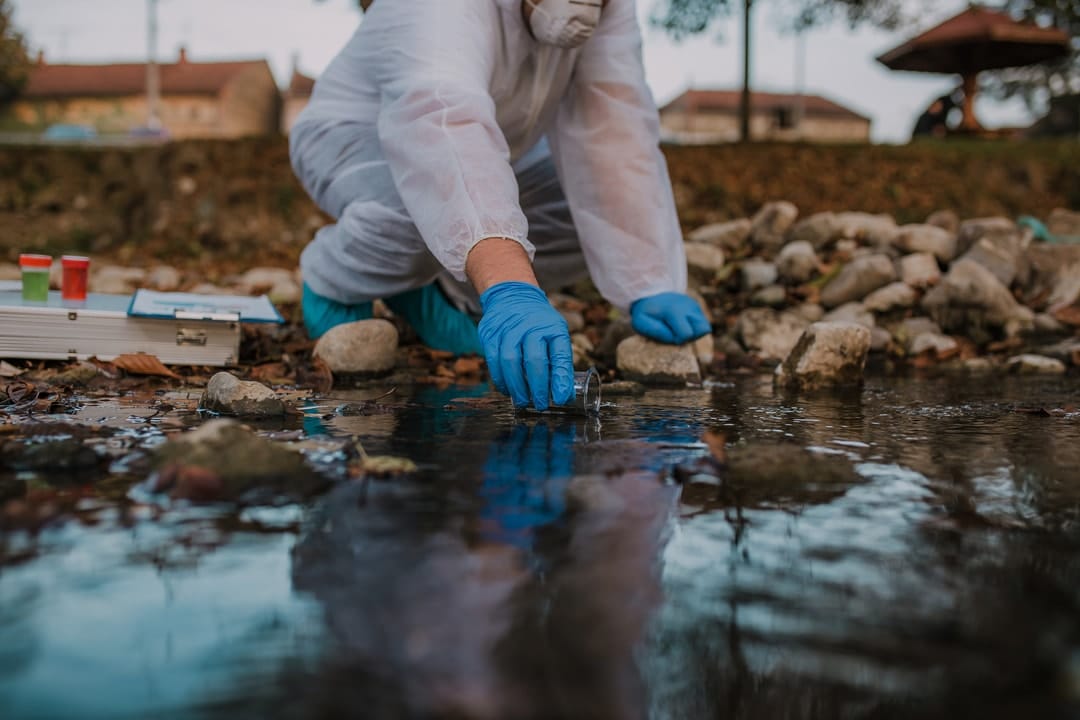
For all the technological progress the world has ushered in, access to clean drinking water remains a problem that afflicts developing nations.
Statistics bear testament to the dire need to address this issue.
Research from Our World in Data in 2019 revealed that 2.1 billion people don't have access to safe drinking water. This amounts to a staggering 29 per cent of the world population. In addition to that, 1.2 million people die annually from drinking unsafe water, and 6% of deaths in low-income countries have been attributed to unreliable water sources.
The problem is further exacerbated in the event of natural disasters, when people don't have access to clean water. Floods or earthquakes cripple accessibility by causing roads to be closed to affected areas.
Read more: Rebuilding the Indonesian island of Sulawesi after the earthquake
The Sri Lanka Institute of Nanotechnology (SLINTEC), in collaboration with Monash University Malaysia, and Newcastle University, has developed Poseidon, a portable filtration device that can be fitted to a water bottle. This allows people who are deprived of access to clean water to filter what they drink.
Associate Professor Dr Pooria Pasbakhsh, from Monash University Malaysia's School of Engineering, said the initiative was kickstarted by undergraduate student Maziyar Makaremi in 2012 as part of Monash's Undergraduate Research Opportunity (UROP).
It was further developed in 2014 as part of a final-year project. The research was published, first in the American Chemical Society's The Journal of Physical Chemistry C in 2015, followed by the Royal Society of Chemistry's RSC Advances journal in 2016. These publications were followed by two more Elsevier journal papers, where the filters were tested using state-of-the-art micromechanical systems.
A few years into the research, the project was partially financed by the EPSRC Partnering for GCRF (Global Challenge Research Funds), which involved four institutions and two continents. In 2018, the project was awarded a mobility grant fund from Monash University Malaysia.
Turning water into ...
There are many types of water filters on the market. However, what sets Poseidon apart is its small and compact design, produced at a fraction of the cost of other similar filters. Its design ensures it can be easily fitted onto any water bottle, and can be distributed to rural areas in case of a disaster where there's no access to the affected people.
Despite the wide range of filters on the market, Dr Pasbakhsh was confident about the product's potential for success due to its affordability. He added that its quality was on par with others in the market, as Poseidon successfully removes bacteria, BPA and heavy metals, in addition to passing industry and World Health Organisation standards.
Read more: RISE Indonesia: Revitalising informal settlements in Makassar
He said little attention had been paid to heavy metal removal in portable water bottles. Heavy metals are a concern in countries such as Sri Lanka and Bangladesh.
"We are making this as cheap, light, and as easy as possible to be distributed to the public. None of the existing water filters in the market focuses on disaster management. We aim to help people have clean water for the next two to three days [post-disaster] until they get help," he said.
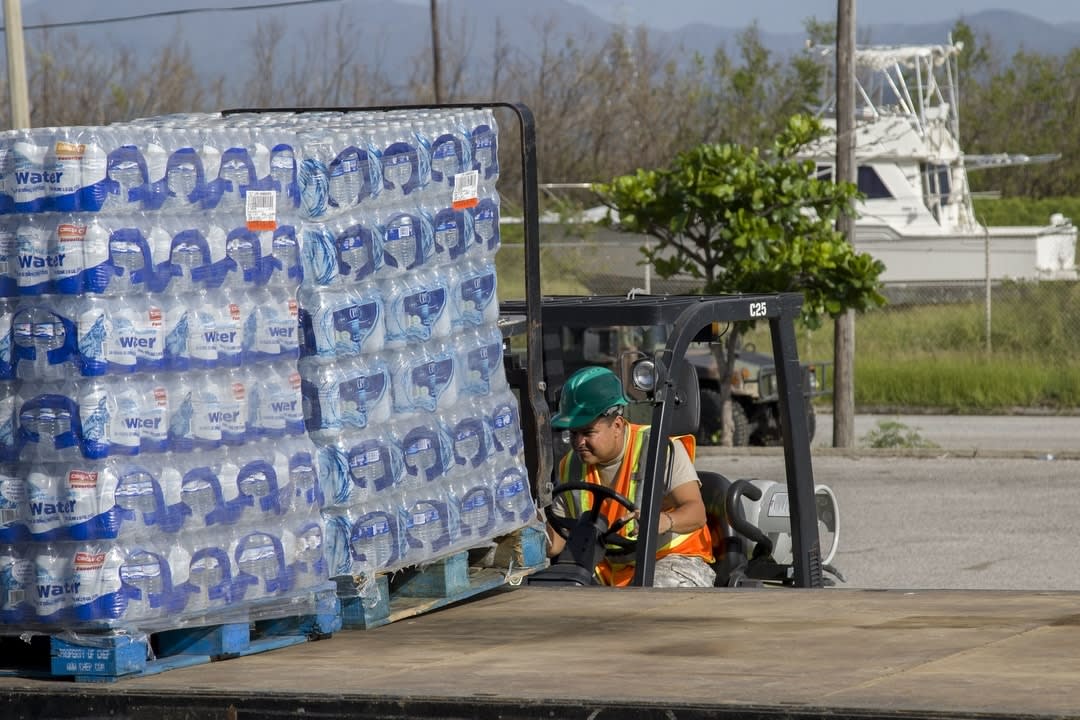
Polluted groundwater must undergo several filtering processes before it's safe for consumption. Microparticles, nanoparticles, heavy metals, bacteria, sand, and mud are among the impuities that have to be filtered out.
"Other things that need to be filtered are odour, chlorine, and BPA,” he said. “That's why you see activated carbon in most water filters. Activated carbon is one of the cheapest ways to remove water odour and taste.”
Built from nanofiber, which is sourced from an electrospinning process, and aided by membranes that form tissues, the filters are reinforced with different types of nanomaterials to bring high thermal, mechanical and antibacterial performance.
The success of any water filter is partly measured through the flow and rejection rates. Cubic metres of water that still contain foreign particles will not be allowed to flow.
During Hurricane Maria in Puerto Rico in 2017, millions of water bottles were left on a runway when a lack of accessibility hampered efforts to get them to affected areas, leaving millions with no access to clean water.
As one unit of Poseidon can filter 1000 litres of water, those involved in relief support could opt to deliver a water filter instead of bottled water. The disaster victim would only have to fit the portable filtration device onto their existing water bottles.
Poseidon is currently being tested in Sri Lanka under the leadership of SLIENTEC's Dr Rangika De Silva, a Monash University Malaysia alumni.
"We are testing this in the polluted waters of Sri Lanka, as the country is home to factories and industries which might emit heavy metals to the environment. Our focus is in Malaysia and Sri Lanka," he said.
The team is in the process of applying for a patent for the filter in Sri Lanka.


